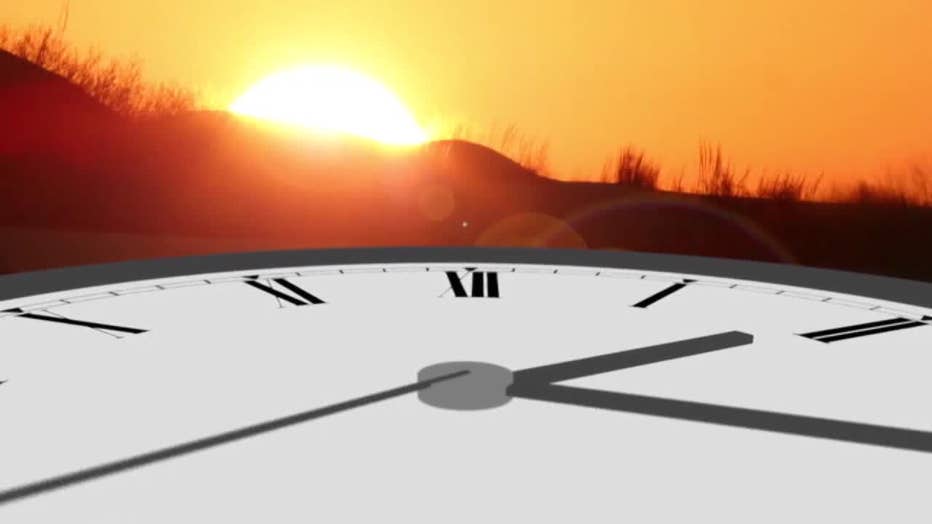Daylight saving time: Here's how it could impact your health
NEW YORK - It's that time of the year again when we "fall back" as daylight saving time ends. While some relish the extra hour of sleep, others find the time change less appealing.
The tradition of daylight saving time first originated in the United States back in 1918 as a means to save energy by maximizing daylight hours. However, opinions on the practice remain divided.
"I think it's probably time to move on from daylight savings," one person remarked, echoing the sentiment of many who find the biannual clock adjustment less favorable.
Featured
Daylight saving time 2023: What’s the status of the Sunshine Protection Act?
The Sunshine Protection Act, if passed, would make daylight saving time permanent for the U.S.
For those who appreciate the bonus hour of slumber, the time change is a welcome one.
"I like that extra hour of sleep, and in the Spring, it sucks," another person shared.
While daylight saving time can be a source of minor inconveniences or bonuses, it may also have more profound effects on sleep patterns and health.
How does daylight saving time affect your health?
Dr. Shae Datta, a neurologist and co-director of the NYU Langone Concussion Center, explained.
Featured
Daylight saving time ends soon - here's what to know about falling back
In about a month, residents will wind their clocks back an hour, continuing the age-old tradition of accommodating darkening days as the year gets older.
"Anytime the hours and daylight hours are sort of 'fall back' or 'spring forward,' the brain notices," Dr. Datta said.
The time change can disrupt sleep patterns, leading to fatigue and other symptoms.
"I get more tired, but other than that, I can't really say it affects my sleep habits too much, just re-adjusting going to bed a little bit earlier," one individual noted.
Can daylight saving time impact your sleep?
Dr. Datta further added changing sleep patterns can trigger migraines, especially in woman, as it affects hormone secretion during specific hours.
"Between 11 or 12 and 2 o'clock is when most of our hormones are secreted, so if people's sleep is thrown off, hormones are thrown off, and that's more likely to trigger migraines," she warned.
Can daylight saving time impact your mood?
Daylight saving time can also influence mood and alertness by altering the amount of light individuals receive.
"It's not just the sleep that's affected; it's also the amount of light we are getting," Dr. Datta noted. "The light affects our mood, the ability to wake up and feel alert."

While most people adjust to the change in sleep times within days or weeks, those whose symptoms linger are encouraged to seek medical help.
Dr. Datta suggests there are long-term treatments available for migraines, mood disorders and sleep disturbances.
As daylight saving time ends, it's a time for both adjusting clocks and considering the impact it has on a person's health and well-being.



